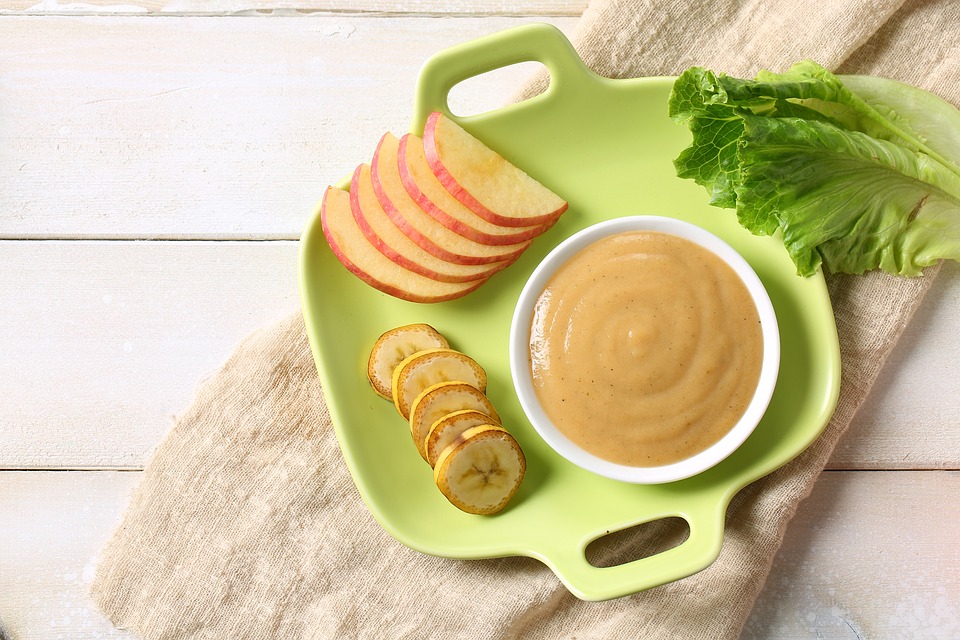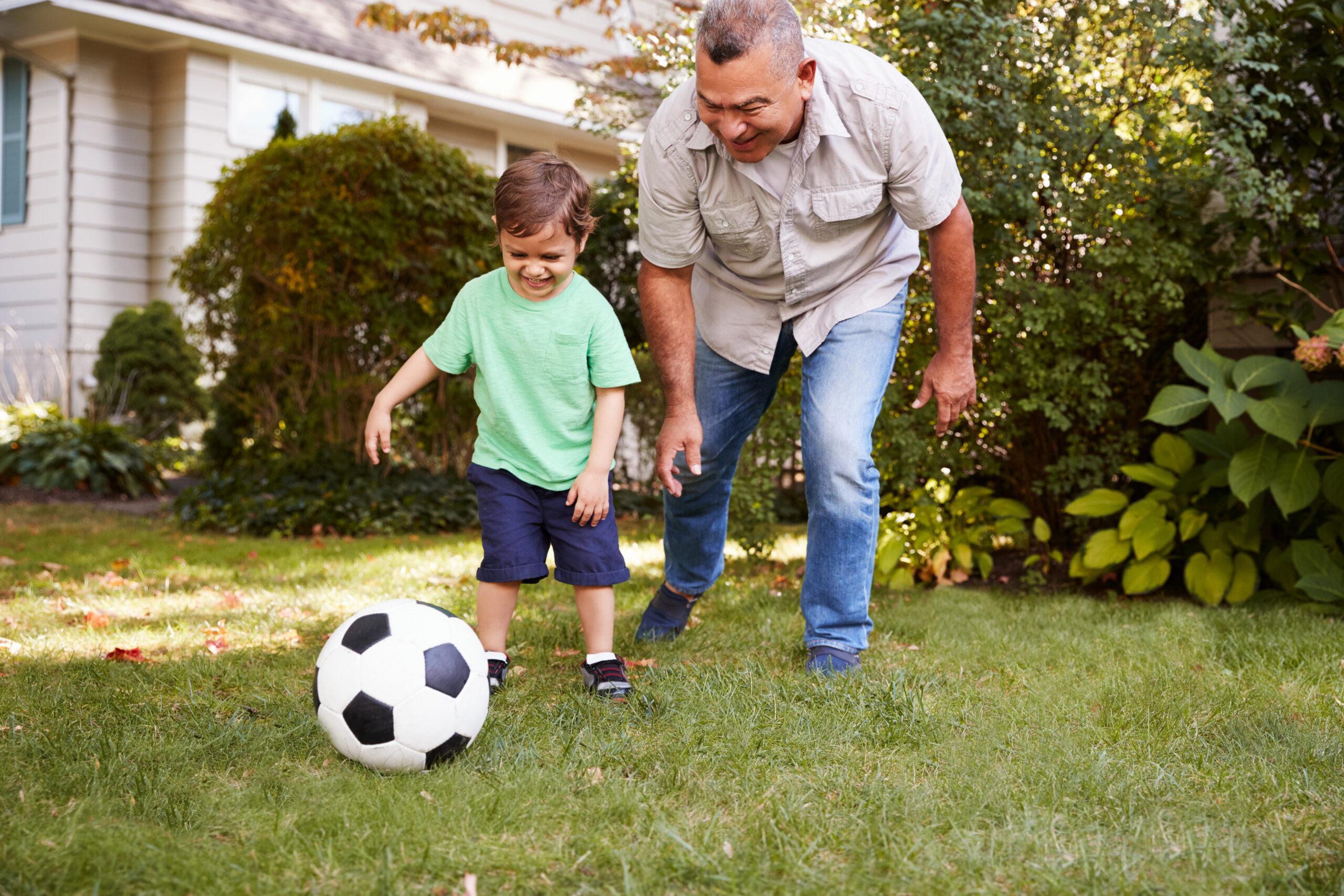Check out the resources below for simple tips, fun physical activities, healthy food recipes, and more!

Breast milk is the healthiest food you can give your baby. It provides all the nutrients, calories, and fluid your newborn needs for the first six months of life!
While any amount of breastfeeding benefits a baby, it is recommended that mothers exclusively breastfeed for the first six months of life.
Breastfeeding can be challenging, especially in the first few days. Talk with your pediatrician or lactation consultant to discuss any question you have or any problems you may face along the way. You can also visit Les Leche League online or call 1-800-525-3243 to get more information and advice on breastfeeding.
Resources


Follow these tips to help your preschooler be active: